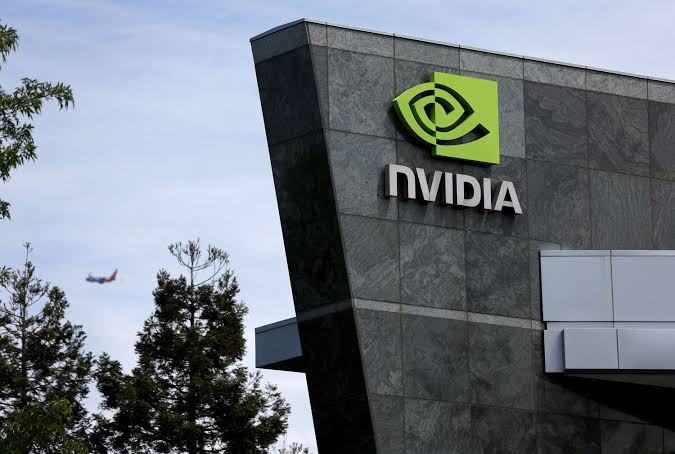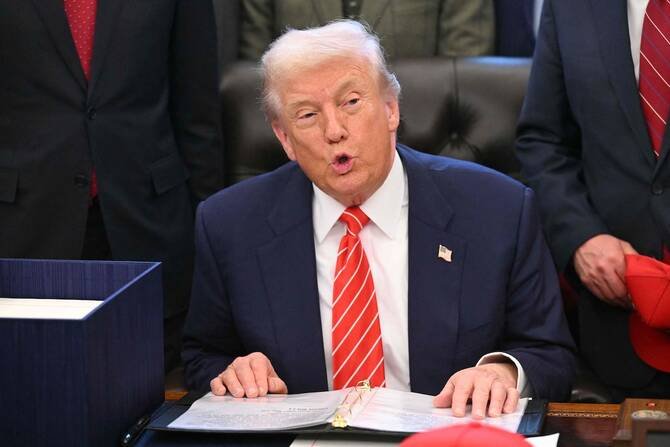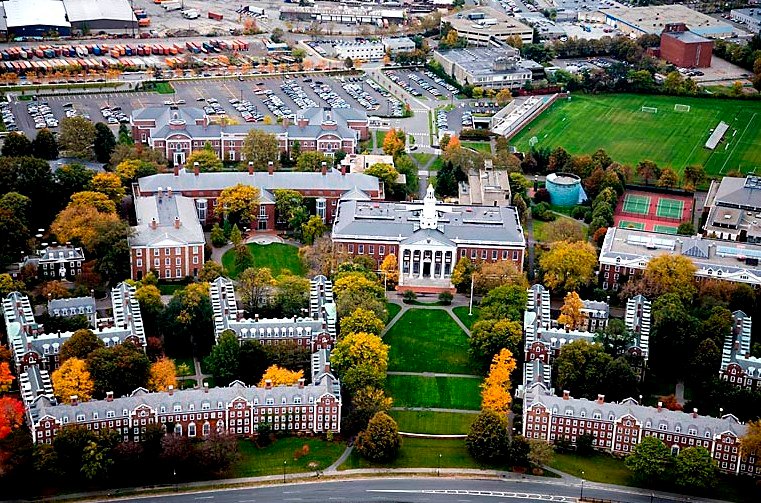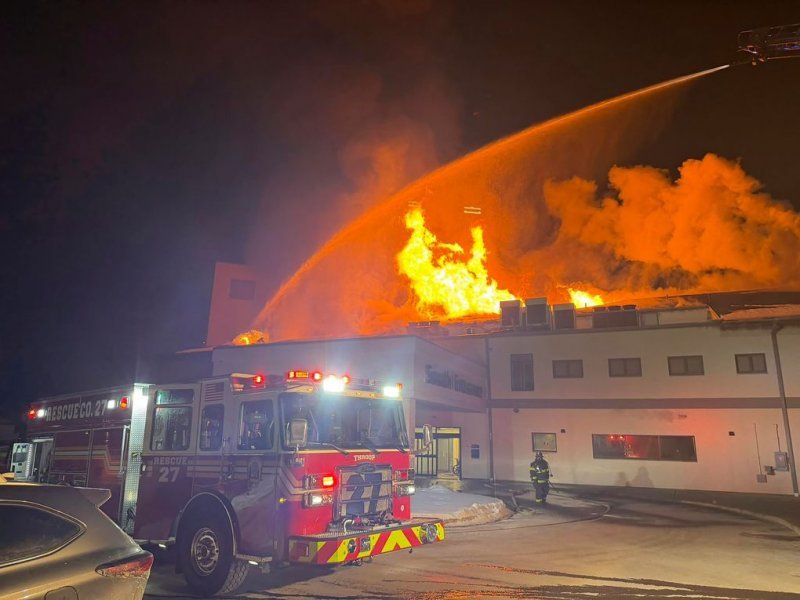San Francisco, March 10, 2024, The Europe Today: Nvidia, a prominent player in the artificial intelligence (AI) chip industry, is facing a lawsuit filed by authors Brian Keene, Abdi Nazemian, and Stewart O’Nan. The authors claim that Nvidia utilized their copyrighted books without permission to train its NeMo AI platform, which specializes in natural language processing.
The lawsuit, filed as a proposed class action on Friday night in San Francisco federal court, alleges that the authors’ works were part of a dataset containing approximately 196,640 books. This dataset was reportedly employed to train NeMo in simulating ordinary written language. Nvidia took down the dataset in October 2023, citing “reported copyright infringement.”
According to the authors, this takedown serves as an admission by Nvidia that it infringed upon their copyrights in training NeMo. They are now seeking unspecified damages on behalf of individuals in the United States whose copyrighted works contributed to NeMo’s training over the past three years.
Works covered by the lawsuit include Brian Keene’s 2008 novel “Ghost Walk,” Abdi Nazemian’s 2019 novel “Like a Love Story,” and Stewart O’Nan’s 2007 novella “Last Night at the Lobster.”
Nvidia declined to comment on the lawsuit, and legal representatives for the authors have yet to respond to requests for additional comments.
This legal action places Nvidia in a broader context of increasing litigation involving generative AI, a technology that creates new content based on various inputs, including text, images, and sounds. Other companies, such as OpenAI and its partner Microsoft, have also faced legal challenges related to generative AI.
Nvidia’s NeMo is promoted as a swift and cost-effective solution for adopting generative AI, contributing to the company’s considerable success in the AI market. Since the end of 2022, Nvidia’s stock price has surged nearly 600%, establishing a market value of nearly $2.2 trillion for the Santa Clara, California-based chipmaker.
The outcome of this lawsuit could have broader implications for the AI industry, particularly in addressing the intersection of technology development and intellectual property rights.














